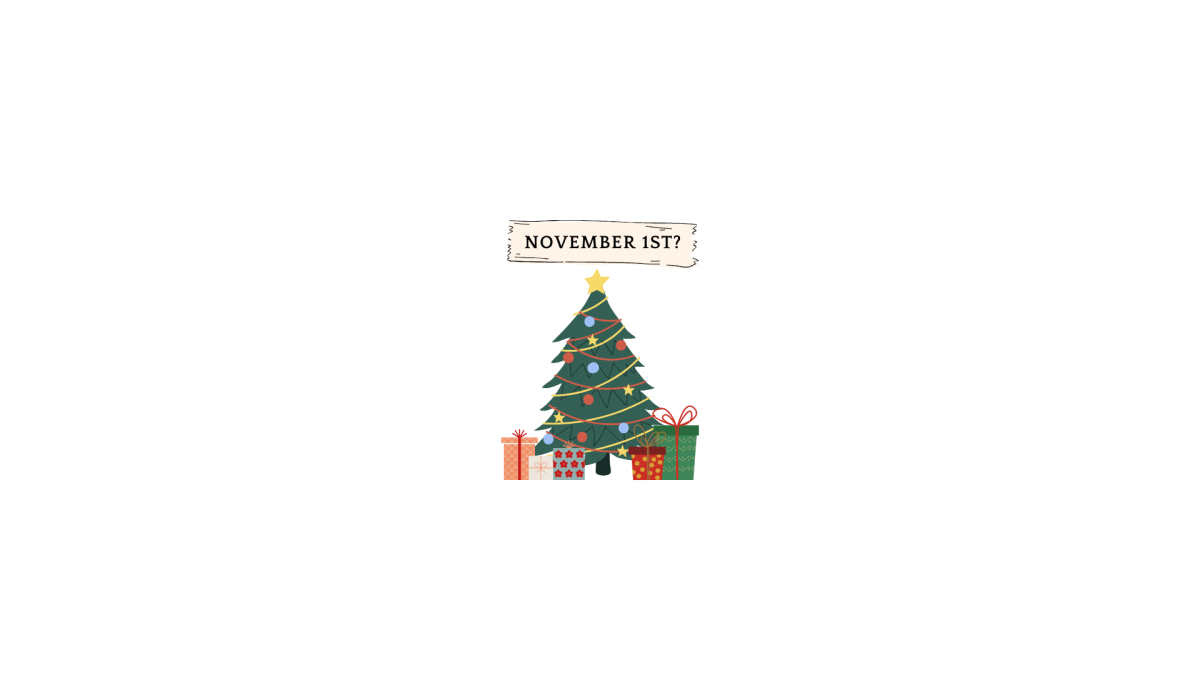
With finals coming up, students are studying harder than ever, often pushing themselves to the point of exhaustion. But what if working harder is not the answer? The key lies in smarter study habits and strategies that boost efficiency while saving time. So, how can you achieve a balance between studying efficiently and avoiding stress?
According to top Universities, cramming right before a test has been proven to increase stress levels, lead to panic and overall make it a lot harder to retain information. There are various methods to avoid cramming at the last minute.
It may sound simple, but paying attention in class can make all the difference. Oak Park High School English teacher Jessica Wall-Smith noticed that students who pay attention in class have more successful outcomes.
“So much of studying happens in the room the first time around,” Wall-Smith said. “Are you paying attention? Are you writing things down, annotating, or taking active notes? Are you participating in class? Are you following up the week off at a support period to touch on points of confusion? This, too, is a form of studying.”
Wall-Smith recommended a four-step approach to prepare for an exam.
“Confirm with your teacher what content will show up on the test … organize all relevant homework … and materials from the unit in one pile,” Wall-Smith said.
Organizing your work from previous class periods will help you understand what you need to review before an exam, then make a study guide based on that information.
According to Scientific American, writing by hand helps reinforce information and enhance understanding. This is in line with Wall-Smith’s second piece of studying advice.
“Go through reps with this study guide to commit it to memory. Actually, cover up the answers and see what you can remember on your own,” Wall-Smith said. “Don’t assume it’ll come to mind without prompting.”
The night before the test should not be for cramming, but for reviewing. Try to recall as much as you know, and review sections that are not retained as well.
Sophomore Rachelle Kim suggested the recall method to help retain information before a test.
“I study something and then I try to make sure I can repeat it out loud without looking at my notes,” Kim said.
This technique improves memory retention and the understanding of the subject. A common mistake Wall-Smith sees is students reviewing instead of studying.
“They simply read over their notes rather than committing them to memory through repetition, recall and review,” Wall-Smith said.“Students [should] make sure their full comprehension is authentic.”
Kim also recommended dividing your time and frequently taking breaks.
“I think it is very important to reset your brain in between tasks … It helps you retain information longer.” Kim said
Pairing regular breaks with the recall method enhances the effectiveness of these methods.
“I like dividing my time by looking at what subject is hardest and what class I have a lower grade in or what I don’t understand … I definitely do take a lot of breaks,” Kim said.
Multitasking while studying may make it more enjoyable, but will overall cause more distractions. A main distraction is your phone, especially using it for watching TV or listening to music. Kim encouraged putting your phone in “phone jail” to get a distraction-free environment.
Sophomore Grace Popham follows this method and finds it effective.
“I like to remind myself that once I finish my work I can go on my phone, it helps me stay motivated,” Popham said.
Popham recommends the self-rewarding method where you can reward yourself once you have completed your task. Rewards help when students feel unmotivated to study and reinforces discipline.
Getting a good night of sleep can make the biggest difference. Lots of students stay up late believing that the longer they study, the better they will do. However, being tired the day of an exam affects your ability to concentrate.
According to Colgate Professional, your mental sharpness is what is being evaluated on tests, and being sleep deprived hurts your memory and is not effective. Colgate Professional shows napping before a test improves memory. A good night of sleep will refresh your mind and improve your scores.
Embracing these techniques can promote a balanced and healthier study routine, letting students achieve their academic goals with greater ease.
“Try to figure out what works and what doesn’t,” Kim said, “use different study techniques on different tests and see the results that you get from them. Take learning tests and see what type of learner you are so you can apply it to studying.”








